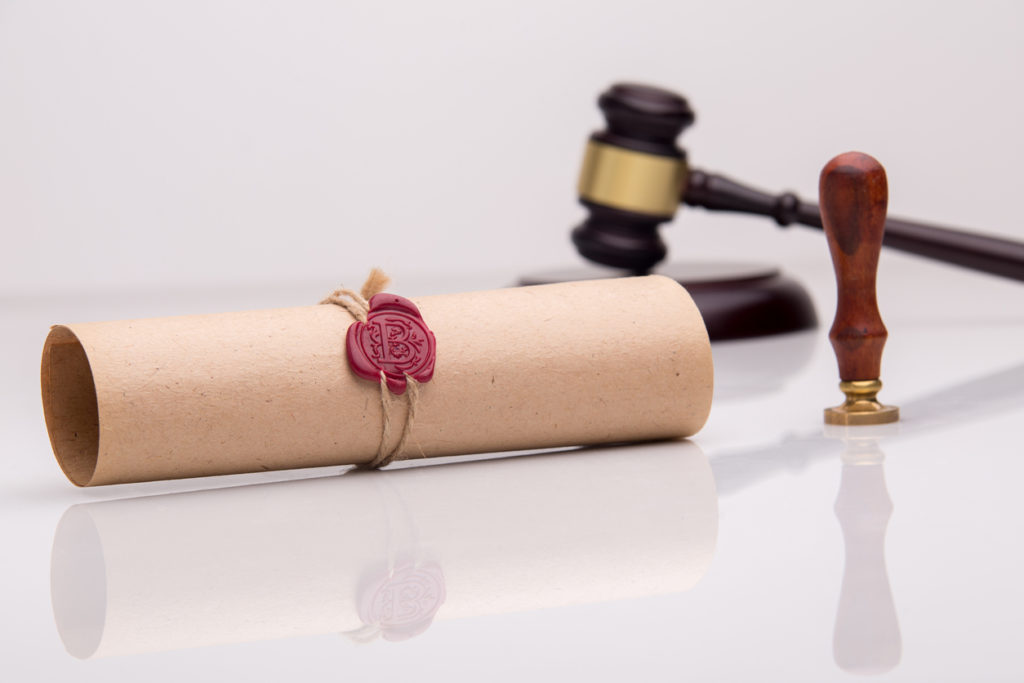What is the Cheapest Estate Plan in New Jersey?
While many people take their estate planning process seriously in New Jersey, not everyone has unlimited funds. It is a well-known fact that the wealthiest individuals in New Jersey set up extensive, complicated, and expensive estate planning processes that keep their money safe for future generations. These expensive options are usually aimed at keeping taxes down to a minimum, which can be a major concern if you are dealing with millions or even billions of dollars.
But what happens if you are just an average, run-of-the-mill, working-class individual in New Jersey? How can you approach the estate planning process in the most inexpensive way possible? While your instinct might be to avoid attorneys if you are trying to save a bit of cash, consulting with one of these legal professionals can actually save you (and your beneficiaries) money in the long run. In addition, some attorneys offer free consultations, so you can go over your legal options without spending a dime.

Understanding the Intestate Process
If you die without a will, your estate will be handled according to a number of specific guidelines called intestate laws. This means that instead of following a will, the courts will instead follow a predetermined formula that divides your assets among your relatives. Essentially, all of your assets are inherited by your children if you die with no spouse. If there is a spouse involved, they generally receive everything – even if you have children with that spouse. Things can get very complicated when you delve into all of the various possibilities, including parents, step-children, and so on. But that is generally how the intestate process works.
So, why is it important to understand how the intestate process works if you are trying to choose an inexpensive estate planning option? Because if you are okay with the rules set forth by the intestate process, you do not really have to do anything. For example, if you have children but no spouse and you are planning on leaving everything to your kids anyway, you can simply allow the intestate process to happen, knowing that the government will make sure that your kids inherit your estate. However, this process does not exactly give you much control.
Trusts are Typically More Expensive
Generally speaking, trusts are more expensive compared to wills. If you are looking to save some money, you might want to stick with a will rather than getting a trust. Trusts are typically more popular among wealthier individuals, as they can help these people avoid taxes in many situations. If you are just trying to pass on a family residence or a relatively small amount of cash, a will should suffice.
Enlist the Help of a Qualified Attorney Today
Anyone can approach the estate planning process with a measure of confidence and efficiency, whether they are rich or poor. Contrary to popular opinion, estate planning is not something that is solely reserved for the wealthiest residents of New Jersey. Reach out to Giro, LLP, Attorneys at Law at your earliest convenience, and we can help you choose an affordable, effective estate planning option. Book your consultation today.

Leave a Reply